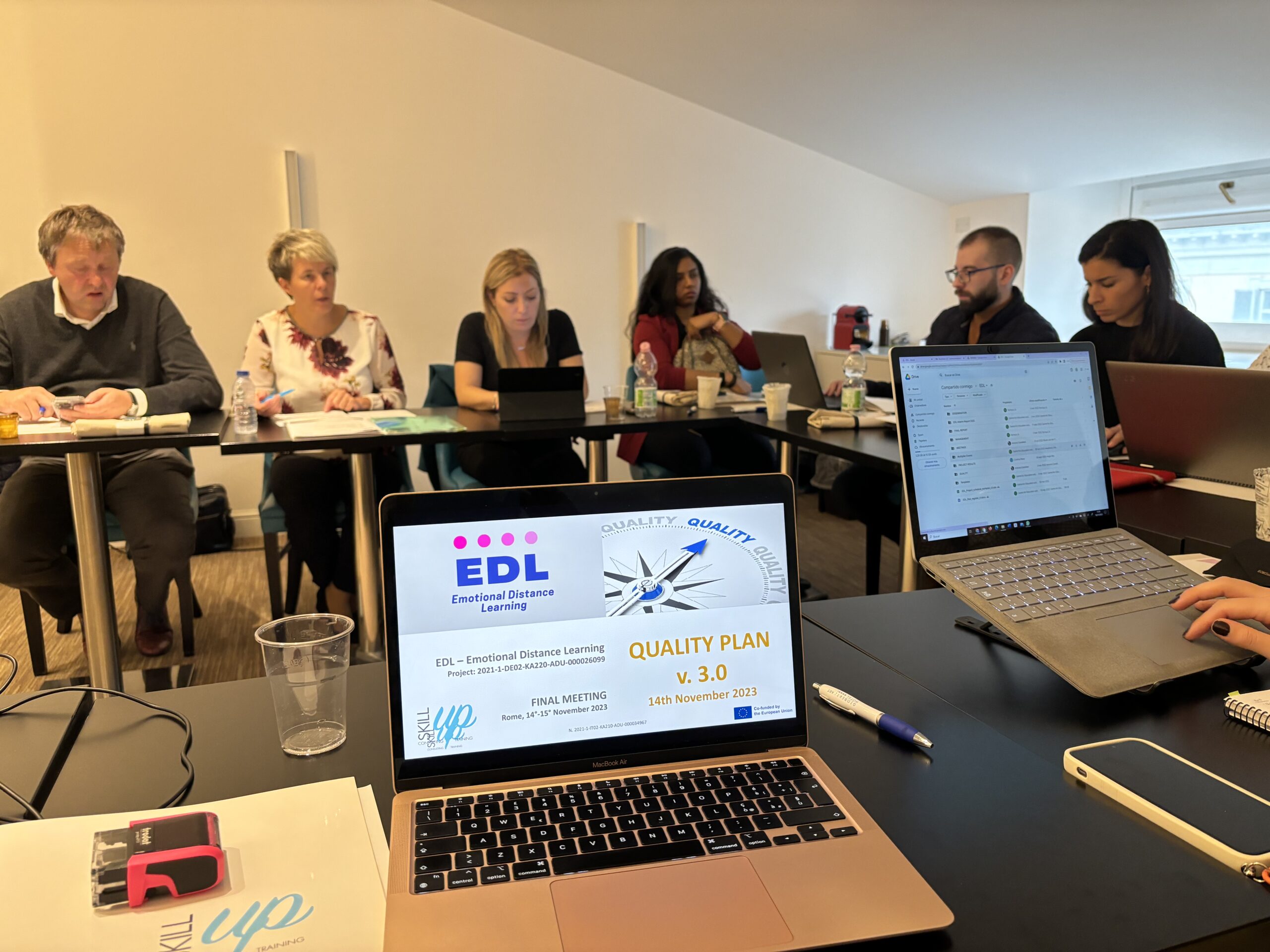By Daria Filimonova, Babel Idiomas
Building rapport is crucially important in a safe and effective educational environment.
Rapport means a good understanding of someone and an ability to communicate well with them.
Rapport sometimes happens naturally. In other cases, building it might take time and a great deal of effort.
When we create a learning environment for our students, they should feel a sense of safety, security, connectedness, and belongingness, which is absolutely impossible without establishing a close rapport.
In most cases, rapport should be built consciously. It’s usually based on shared experiences or views. Empathy, openness, dialogue and respect for others are key elements in this process.
Teachers who have more developed emotional skills tend to experience fewer negative emotions. They send positive vibes to their students. These teachers are highly likely to have better-quality relationships with their students.
On the other hand, students who have better connections with their teachers are far more committed to learning and better prepared to overcome difficulties.
Teachers who express an uncomfortable feeling of nervousness or frustration are more likely to alienate students, which in turn can easily undermine students´ attention, curiosity and willingness to learn.
It turns out, that building a good rapport can be truly challenging in online classes. Sitting in front of a computer has never been considered an ideal setting to connect. Compared to a traditional classroom, teachers have fewer possibilities to use their body language or play simple but engaging games. At times, a welcoming gesture or being in the same room with other participants can make a huge difference in terms of connectedness.
What´s more, working from the comfort of their own homes, students can easily become passive learners. Clearly, they need numerous interactions to feel connected and fully absorb learning materials.
Another difference between online and traditional classrooms is that it´s far easier to identify students who are falling behind when you have them in the same room. They are less likely to hesitate when asking for clarifications or showing explicitly that they struggle with unresolved problems.
Another issue with rapport building might be the excessive focus of some students on their own screen images. Eye contact is of paramount importance when it comes to establishing relationships. If students are obsessed with the images of their own faces, it´s impossible to allow deep interaction.
On the other hand, knowing that your choices to engage students are more limited can spark creativity and imagination.
Here are some tips on how to build a good rapport in an online classroom.
First of all, it’s important to remember that building rapport is an ongoing process. It’s a profound mistake to think that rapport should be built only once. Even a great rapport can be destroyed by an awkward statement or biased opinion. Therefore, it should be nurtured and developed constantly.
Secondly, students should feel that they are genuinely welcomed when coming to classes. As Toni Morrison said, “When a kid walks in a room – your child or anybody else´s child – does your face light up? That’s what they are looking for. ”
Students work much better if they feel that they are seen as individuals, not just another computer screen.
Thirdly, be sincere and generous when you acknowledge your students’ achievements or positive actions. Don’t overlook minor actions as they matter a lot. It can be truly rewarding when you praise someone for coming on time, switching their camera after a long period of hesitation or muting their microphones when there is background noise. Ensure that all efforts are noticed and valued.
Finally, be an active listener. Listen with your eyes, with your ears and with your guts. Remember that the absence of non-verbal clues makes communication far more difficult. We all have a strong tendency to send and receive messages through our own subjective lenses. The problem of miscommunication is highly likely to arise in online settings. That´s why it´s so important to listen actively and adjust your message to facilitate understanding.
Being fully aware of the potential challenges of online work help teachers build a great rapport and reach a common understanding with their students.



0 Comments